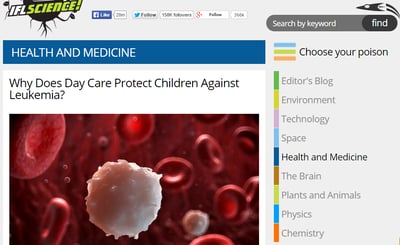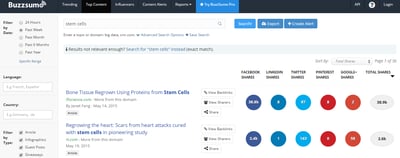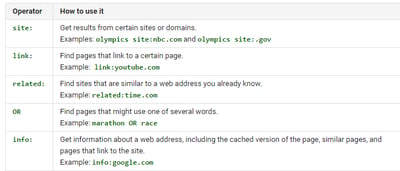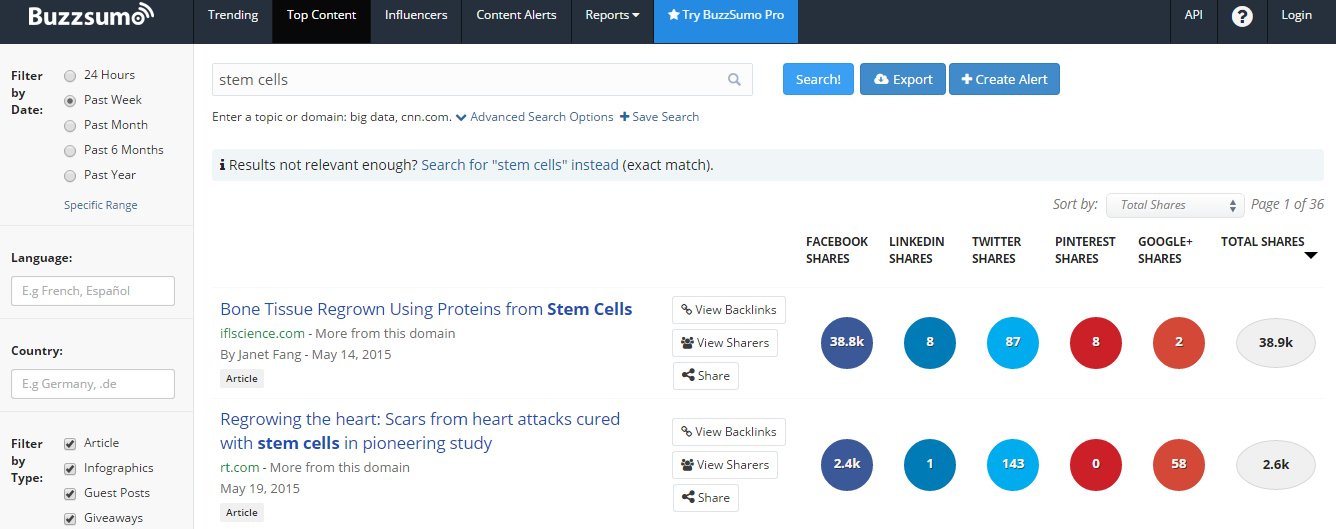Google is great for finding stuff. I really have no idea how we ever coped without it! However, unless your Google Fu is sharply honed you can quickly find yourself deep in thousands of irrelevant search results. When it comes to digging out great science stories to share or write about, you need to be able to identify those that are not only relevant, but are also recent; science moves rapidly so while that cool ‘disease in a dish’ story still interests you, it’s old news as far as the community is concerned. Staying on top of recent developments in your chosen field is essential to your life science marketing efforts: it shows that you’re knowledgeable and familiar with changing trends. With enough high quality content, your audience will start to see you as a valuable and trustworthy source of information. If you want people to listen to what you have to say, you need to show them that you know your stuff! So how do you make sure you’re not left behind in the scientific slow lane?
Scientific news sites
There are those lucky few whose job it is to track down new scientific developments on a daily basis. You can lean upon their enthusiasm and hard work by bookmarking their websites and checking back regularly. Of course, if you do want to share information that someone else had found and/or written about, do the decent thing and acknowledge your sources – plagiarism’s not cool, kids. There are truly brilliant sites, Tumblrs and channels out there, like IFL Science, ASAP Science, Veritasium, Minute Earth and Minute Physics, that bring not only great stories to the public, but generate a wealth of original content that is always worth sharing.

It’s also worth keeping an eye on relevant journals and universities that will typically have a news page, e.g. Nature News, GEN News, MIT News, as these will usually have the very latest developments across a range of disciplines.
Curation services
Another option is to let software do the legwork for you. There are now a number of services that can generate suggested content based on keywords or even previous activity on social media platforms. Swayy, for example, does a phenomenal job of scouring the internet and your social media feed to find content based on posts you’ve made, posts your community has made or just based on keywords you’ve specified – it even suggests hashtags and users to mention if you use Twitter. Buffer is another app that will recommend posts to share, although in my experience it’s not nearly as accurate or relevant as Swayy can be. You can even use something like SocialBro to assess just how successful your new found curation and sharing skills have been through clever metrics and analyses.

If you want to look for content that is already an internet hit, BuzzSumo will find specific content by subject and then rank it in order of the number of shares across multiple social media platforms.

If you can take the time to master Google, and get good with Boolean search operators, you can very quickly start to sift through the plethora of results that generic Google search may throw up. Google has even taken the time to provide a sort of Search 101 guide, which should help to get you started. Once the Google Fu is strong within you, no news story will be beyond your grasp!

Being genuine
Content curation can position you as a thought leader if done well, and if done for the good of the community rather than a means of furthering your own goals. It is thus essential that you set about sharing stories and other content that your audience genuinely cares about (which is hopefully also what you care about!).
In addition to just curating information, creating original content can go a long way towards strengthening your position as an expert. Therefore, try to focus on those topics where you really do have a good amount of expertise – people will spot a fake in no time, and you can kiss goodbye to any reputation you’ve built up. People want to trust their sources in order to find top notch content, so this is your opportunity to be that valued provider.
Hopefully this little primer will help you get started on the path towards curating scientific content like a pro. Remember: if it’s not new, it’s not newsworthy.





